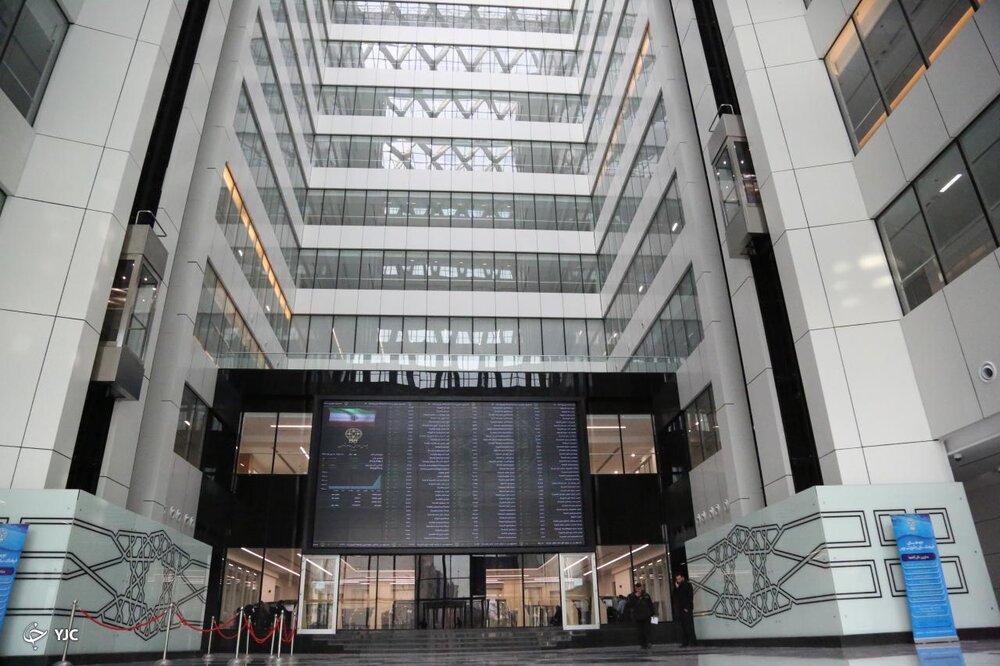TEDPIX falls 7,000 points on Monday

TEHRAN- TEDPIX, the main index of Tehran Stock Exchange (TSE), lost 7,561 points to 1.274 million on Monday.
Over 5.561 billion securities worth 34.452 trillion rials (about $127.6 million) were traded at the TSE.
The first market’s index dropped 8,020 points and the second market’s index lost 7,554 points.
TEDPIX rose 92,000 points (5.8 percent) to 1.301 million in the past Iranian calendar week (ended on Friday).
During the past week, the indices of Mobarakeh Steel Company, Bandar Abbas Oil Refining Company, Isfahan Oil Refinery, Iran Khodro Company, Saipa Company, and National Iranian Copper Company were the most widely followed ones.
Capital market in a country eliminates the enterprises’ need for external financing that requires forex rate risk; and plays an important role in risk sharing and the effectiveness of capital allocation in various economic sectors, and as a result increases economic growth and welfare in society.
In Iran, where the capital market plays a small role in the long-term financing of enterprises, the government can play an important role in the development of the capital market and take initiatives to develop this market and increase its efficiency.
Two recent measures taken by the Iranian government indicate that the government is determined to support the capital market and strengthen this market’s role in the national economy.
The first one was the six clauses in the national budget bill for the next Iranian calendar year (starts on March 21) on supporting the capital market.
The budget bill, submitted by president to the parliament on December 12, has paid special attention to the capital market and bourse companies.
The measures considered in the budget bill and its overall positive effects on the capital market includes 1- Reforming the price of gas feed, as well as electricity, water, oxygen and other utilities for the petrochemical units, refineries, steel reduction units, and downstream industries 2-Reducing taxes on production units active in the stock market 3- Strengthening Capital Market Development and Stabilization Fund 4- Reducing the government’s revenue from selling bonds 5-Eliminating subsidized foreign currency allocations 6- Eliminating pre-ordered pricing.
MA/MA
Leave a Comment